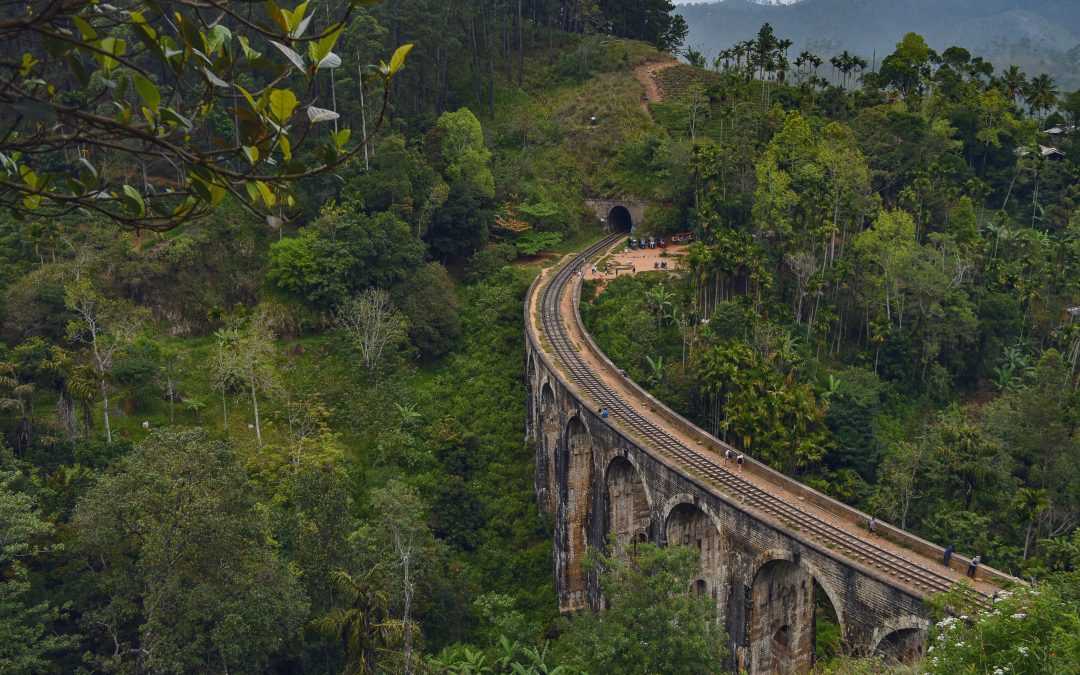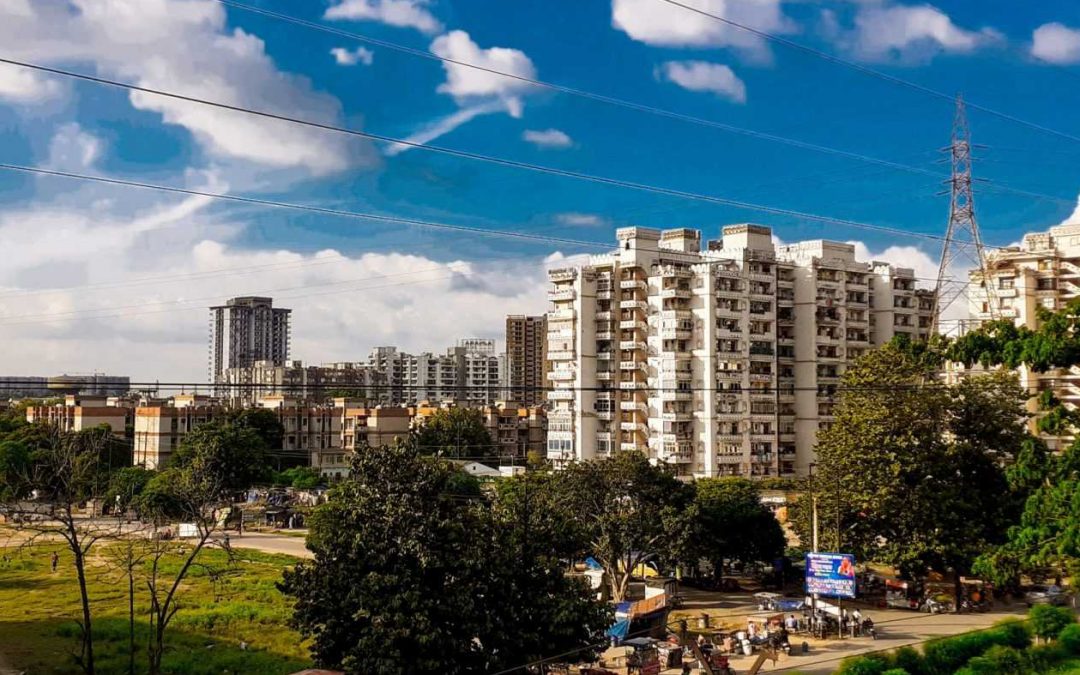
by admin-unique | Jun 18, 2020 | Adventure Travel, Blog
Horton Plains – World’s End
Horton plains were declared as a national park in 1988 and has been a Unesco World Heritage
Site since 2010. The plateau above 6000 Feet above sea level has so much Bio- diversity and is home for many endemic species of Birds to Sri Lanka and the most popular being the SriLankan
white eye.
The Horned lizard, or black-lipped lizard, the Purple faced Monkey and the Sambur Deer are often
spotted here.
The undulating foot path through the cloud forests and River beds take you to the World`s End
which is the Highlight of the Park. On a clear day you get to see the Distance of 100 Miles and
drop of 3000 feet.
The Baker’s Waterfall named after the British explorer Sir Samuel Baker, is not tall, but is
beautiful with stunning views at different angles. The waterfall is surrounded by a thick forest, tree
ferns and montane shrubs.
The best time to visit the Park is from January to March as there is very little rain around.
Its best to be at the World`s End early around between 8 and 9 before the Mist settle in for the
day.

by admin-unique | Jun 18, 2020 | Adventure Travel, Blog
Nine Arch Bridge in Ella
Set against a backdrop of thick jungle and tea plantations, Ella’s Nine Arch Bridge is one of Sri
Lanka’s most stunning sights. It is an amazing sight to see the classic blue Sri Lankan train
passing by slowly over the Bridge through the mist. This is an unique experience that will take you
back in time..
The history of Nine Arch Bridge
The Nine Arch Bridge has a fascinating history which was built during the British period.
The steel and metal that was allocated to build the Bridge had been used by the British Army
during the First World War. Granite Rocks and slabs along with Bricks were used as substitutes to
move the project forward. The Nine Arches Bridge stretches to nearly 300 feet at a height of over
75 feet. This is regarded as a Railway Wander and seeing the train spiraling up the hills is a great
Site.
The Nine Arch Bridge has become one of the most visited attractions in the Country.
This is a Photographer`s Paradise with so much verity.

by admin-unique | Jun 15, 2020 | Blog, Travel Tips
Museums
If you do not have the time to visit the Ancient cities in Sri Lanka, the Museums in Colombo are the
places to go to, as they reveal the rich Sri Lankan History and its Culture. They house important
visuals signifying the milestones of our History and provide useful information about the highlights
and the turning points. There are some specialized Museums with their own unique collections
showcasing a vibrant image of focused subjects.
National Museum of Colombo Sri Lanka
This is the oldest, largest, and the most visited museum in Sri Lanka built in 1877. National
Museum in Colombo is housed in a grand colonial building. With more than 4,000 palm leaf
manuscripts, ancient royal regalia, jewelry with Gems and ancient artwork, collection of traditional
masks and temple frescoes.
Artifacts on Display in National Museum of Colombo
The museum’s main attraction is the crown jewel and throne of the last King of Kandy that was
returned to the people of Sri Lanka by the British. Over 750,000 people visited the Museum to see
this, when it was first displayed in 1934. You will also find a huge collection of masks and puppets
in the museum.
National Museum Library
The extensive National Museum Library has been operational since 1877. However, the library
was started seven years earlier in 1870 under the name of Government Oriental Library. This is
the country's largest legal depository which has numerous local publications printed in the last 150
years.. The library also houses many palm leaf manuscripts written in various languages years
ago on diverse topics such as astrology and folklore.
Natural History Museum
This Museum was established in 1986 housing exhibits of pre-historic cave paintings, Jurassic-
period fossils, over 5000 specimens of various mammals, plants, and animals native to Sri Lanka.
Among other exhibits, you will also find a collection of different rocks that showcase the country's
varied natural history.



Recent Comments